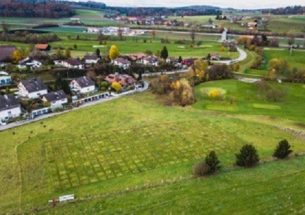News and Opinion
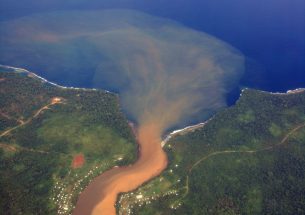
Logging tropical forests jeopardizes fisheries important for food and livelihood
READ MORE about Logging tropical forests jeopardizes fisheries important for food and livelihood
BES response to the UN’s Global Biodiversity Outlook report
READ MORE about BES response to the UN’s Global Biodiversity Outlook report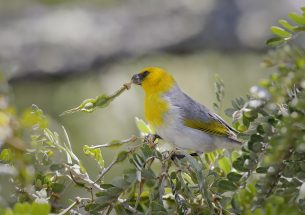
The forgotten fauna: introduced seed predators are no surrogate for extinct seed-eating animals on islands
READ MORE about The forgotten fauna: introduced seed predators are no surrogate for extinct seed-eating animals on islands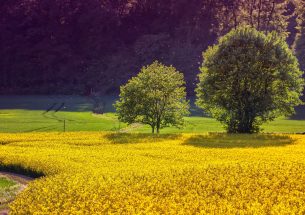
Insect diversity boosted by combination of crop diversity and semi-natural habitats
READ MORE about Insect diversity boosted by combination of crop diversity and semi-natural habitats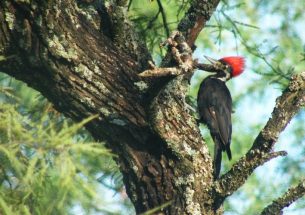
When landscapes change, conservation strategies must change as well
READ MORE about When landscapes change, conservation strategies must change as well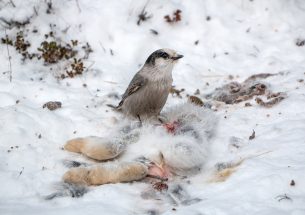
Snowshoe hare carcasses feed more then the usual suspects, study shows
READ MORE about Snowshoe hare carcasses feed more then the usual suspects, study shows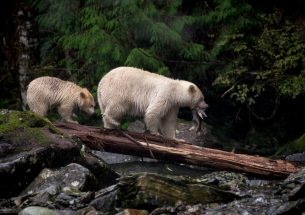
New study reveals rarity of the Spirit Bear and gaps in their protection in the Great Bear Rainforest
READ MORE about New study reveals rarity of the Spirit Bear and gaps in their protection in the Great Bear Rainforest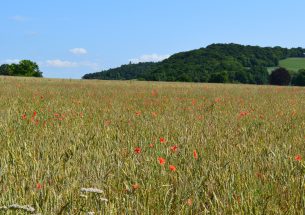
Wild bees depend on the landscape structure
READ MORE about Wild bees depend on the landscape structure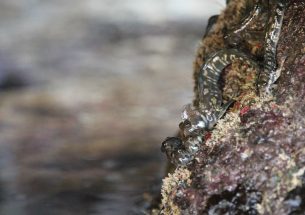
How fish got onto land, and stayed there
READ MORE about How fish got onto land, and stayed there
Adapting to climate change: how do we know if it’s working?
READ MORE about Adapting to climate change: how do we know if it’s working?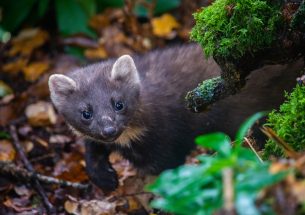
Research shows recovering pine marten population benefits red squirrels, but the grey squirrel still poses a problem in urban areas
READ MORE about Research shows recovering pine marten population benefits red squirrels, but the grey squirrel still poses a problem in urban areas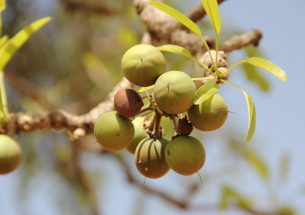
Birds, bees and butter – new study underlines importance of biodiversity for crop production and West African livelihoods
READ MORE about Birds, bees and butter – new study underlines importance of biodiversity for crop production and West African livelihoods
How lockdown is changing the ecology of our cities?
READ MORE about How lockdown is changing the ecology of our cities?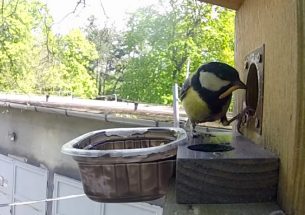
Lack of insects in cities limits breeding success of urban birds
READ MORE about Lack of insects in cities limits breeding success of urban birds